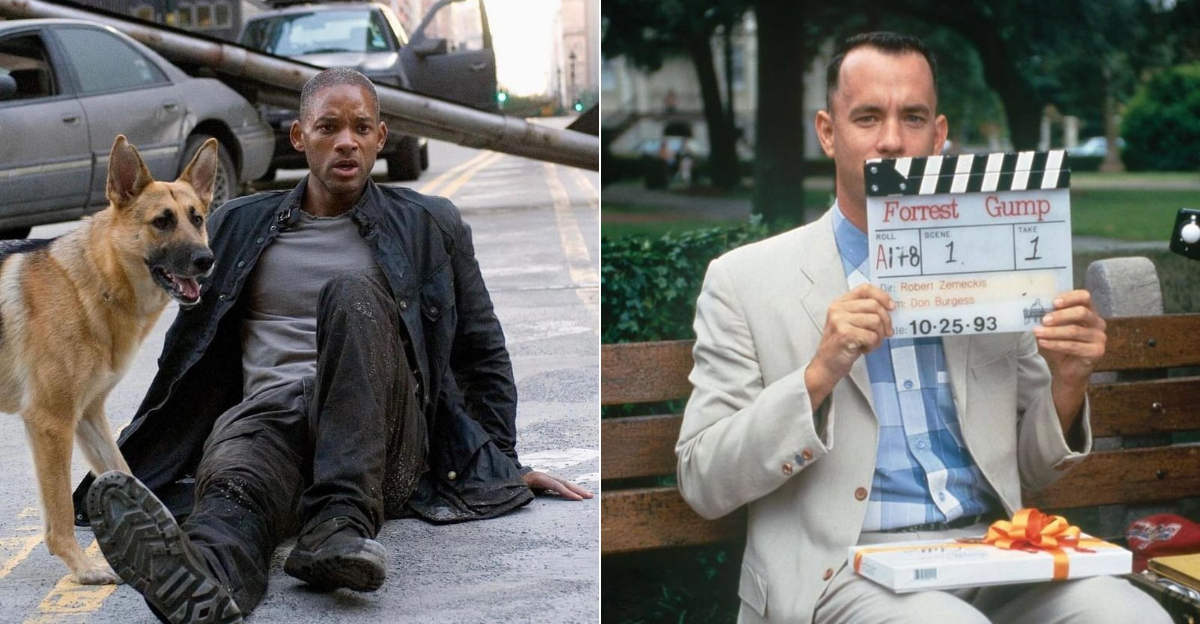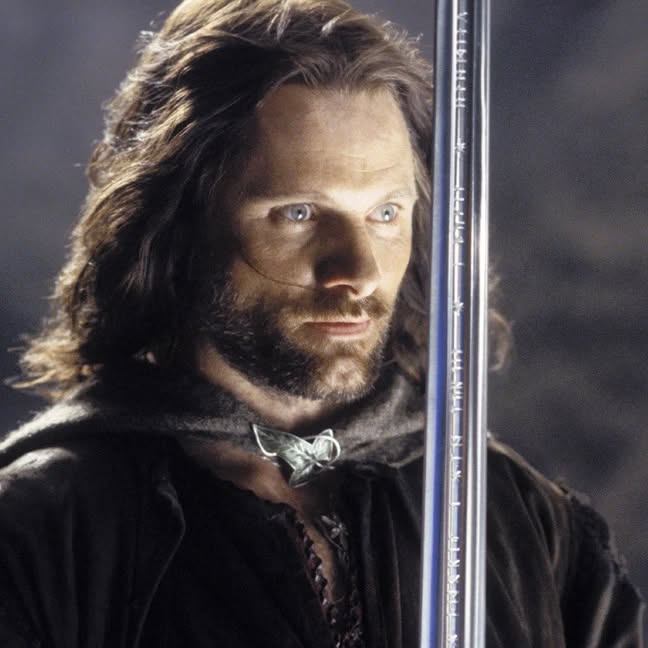While films have the power to bring literary works to life in new and exciting ways, not every adaptation sits well with the original creators.
In fact, some adaptations have left authors deeply discontented, seeing their beloved stories transformed in ways they never intended.
Here, we’ll explore eight iconic films that, despite their success, did not win the approval of the authors who penned the original tales.
From changes in character arcs to alterations in the fundamental themes, these films have sparked controversy and dismay among their creators.
1. The Shining
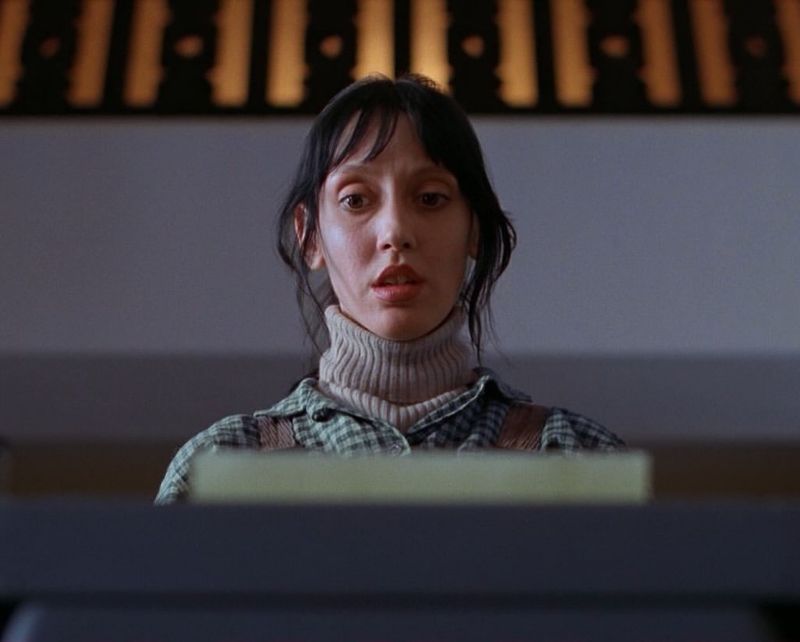
Stephen King’s dissatisfaction with Stanley Kubrick’s adaptation of “The Shining” is well-documented.
King criticized the film for its portrayal of the protagonist, Jack Torrance, whose descent into madness was, according to King, too abrupt.
The film’s chilling atmosphere and visual style overshadowed the psychological depth King imbued in his novel.
Kubrick’s focus on supernatural horror diverged from the novel’s exploration of family dynamics and internal conflict.
Although considered a classic, the film’s deviation from King’s narrative and themes led to the author describing it as ‘a beautifully filmed but surface-level’ interpretation.
2. A Clockwork Orange

Stanley Kubrick’s adaptation of Anthony Burgess’s “A Clockwork Orange” stirred significant controversy.
Burgess was uncomfortable with Kubrick’s focus on the violence, feeling it overshadowed the novel’s core message about free will.
The film’s graphic depiction of violence was sensationalized, something Burgess never intended.
Despite its cinematic acclaim, this iconic film left Burgess frustrated, believing that the complexity of his narrative was lost.
Kubrick’s decision to omit the novel’s final, redemptive chapter further alienated the author.
He felt the film missed the broader philosophical exploration, instead reducing it to shock value and spectacle.
3. Charlie and the Chocolate Factory
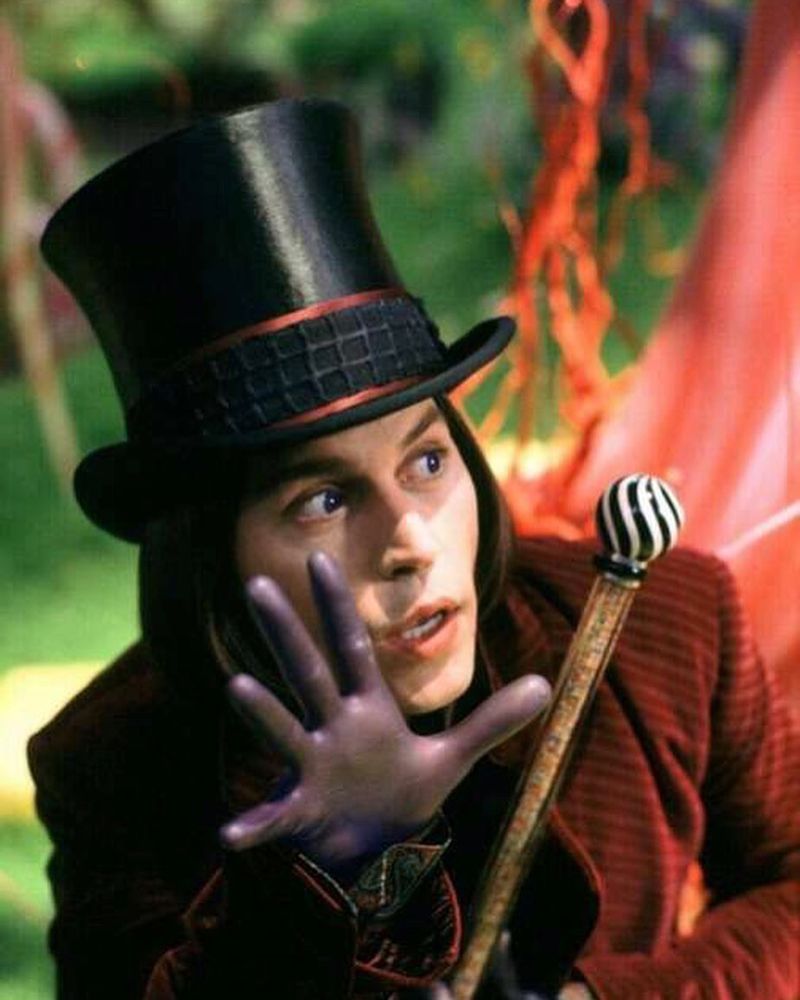
Roald Dahl’s “Charlie and the Chocolate Factory” underwent a significant transformation in Tim Burton’s film adaptation.
Dahl famously disliked earlier renditions, and while Burton’s version was closer to his narrative, it still irked Dahl’s literary estate.
The portrayal of Willy Wonka, with its eccentricities exaggerated, diverted from the original character’s mysterious charm.
The whimsical yet dark tone of Burton’s aesthetic was not in line with Dahl’s vision.
4. The Lord of The Rings Trilogy
Although the author of the iconic trilogy, J.R.R. Tolkien, had passed about thirty years before it was adapted into the movies, his son gave the public his own insights.
Christopher Tolkien is who we have to thank until the end of time for posthumuously publishing his father’s incredible work.
Christopher, however, thought that the iconic movies, directed by Peter Jackson, were trivial and that they banalized the story his father told.
He also threw shade at Hollywood, comparing the industry to Sauron’s fingers. Get it? Because they corrupt everything they touch!
While I absolutely love the movies, it’s undeniable that literature and film have essential dissimilarities and have to approach some topics and characters differently.
5. The Scarlet Letter
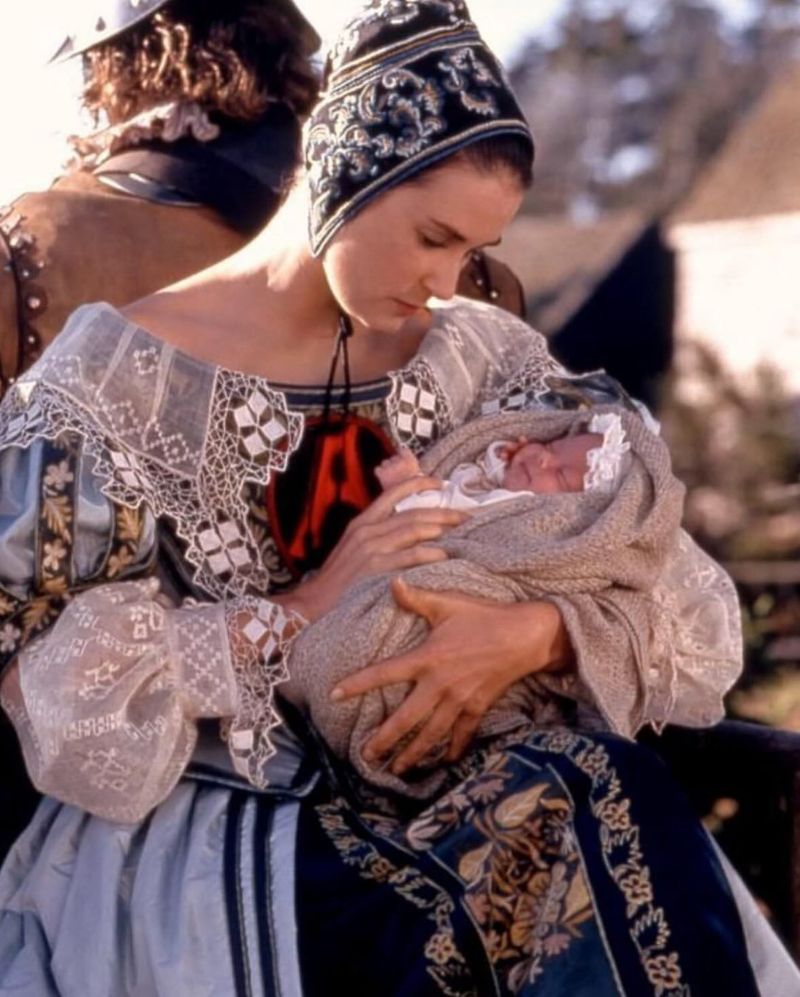
Nathaniel Hawthorne’s “The Scarlet Letter” faced severe criticism for its 1995 film adaptation.
The film, starring Demi Moore, took liberties with the plot, adding a modern romantic angle that was absent in the book.
This alteration sparked dismay among literary purists, as it stripped away the novel’s exploration of sin and redemption.
Hawthorne, known for his complex portrayal of societal norms, would likely have disapproved of the adaptation’s simplification of themes.
The film’s attempt to modernize the plot did not resonate with audiences, leaving the essence of the original novel unfulfilled.
6. Forrest Gump
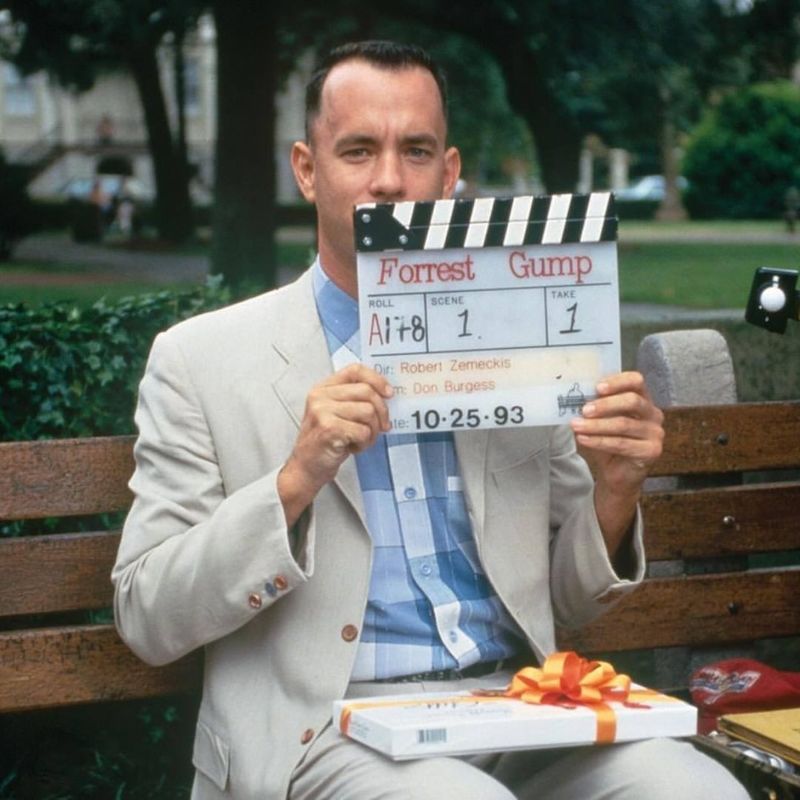
Winston Groom, author of “Forrest Gump,” was not pleased with the 1994 film adaptation.
While the movie achieved commercial success and critical acclaim, Groom took issue with the changes to his narrative.
The film’s portrayal of Forrest was more innocent and sentimental than Groom’s version, altering the story’s tone.
Key aspects of the book were omitted, and the film’s ending diverged significantly from the novel.
Groom’s dissatisfaction was further fueled by the movie’s immense success, which overshadowed his original work.
7. I Am Legend
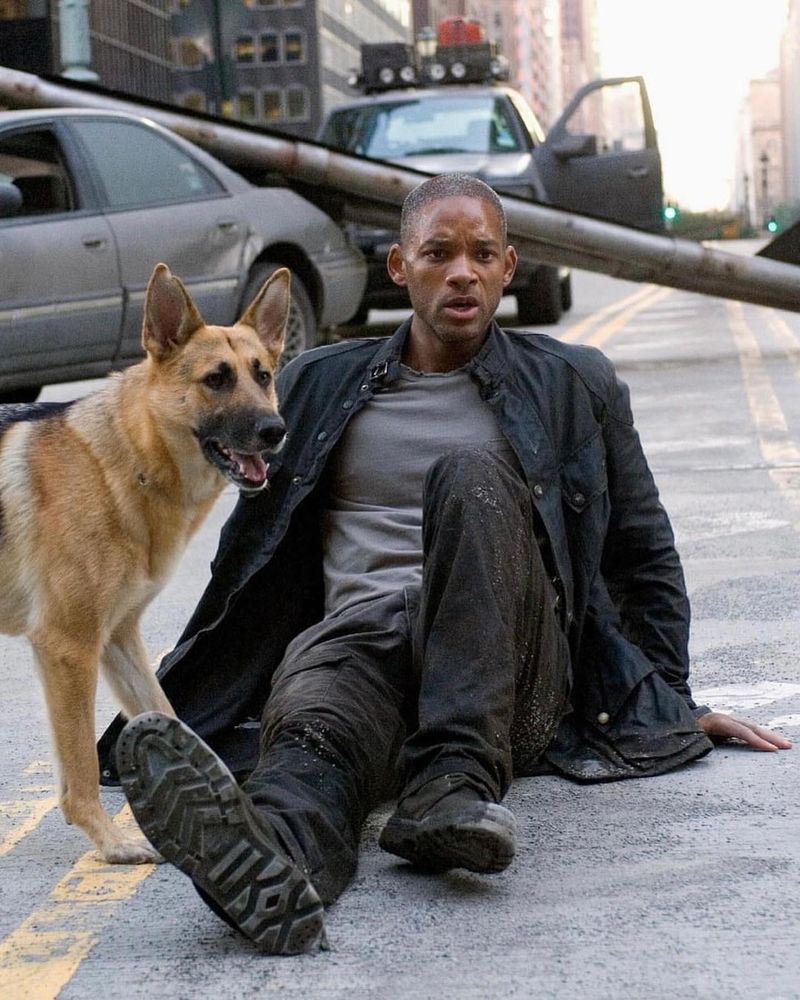
Richard Matheson’s “I Am Legend” has been adapted multiple times, but the 2007 film starring Will Smith drew particular frustration.
Matheson disapproved of the film’s altered ending, which deviated from his novel’s poignant conclusion.
The film’s focus shifted from the philosophical themes of isolation and the nature of humanity to a more conventional action narrative.
While visually striking, the film’s emphasis on action over introspection diluted Matheson’s intricate storytelling.
Fans of the novel lamented the loss of its deeper themes, leaving Matheson dissatisfied with the portrayal of his seminal work.
8. American Psycho
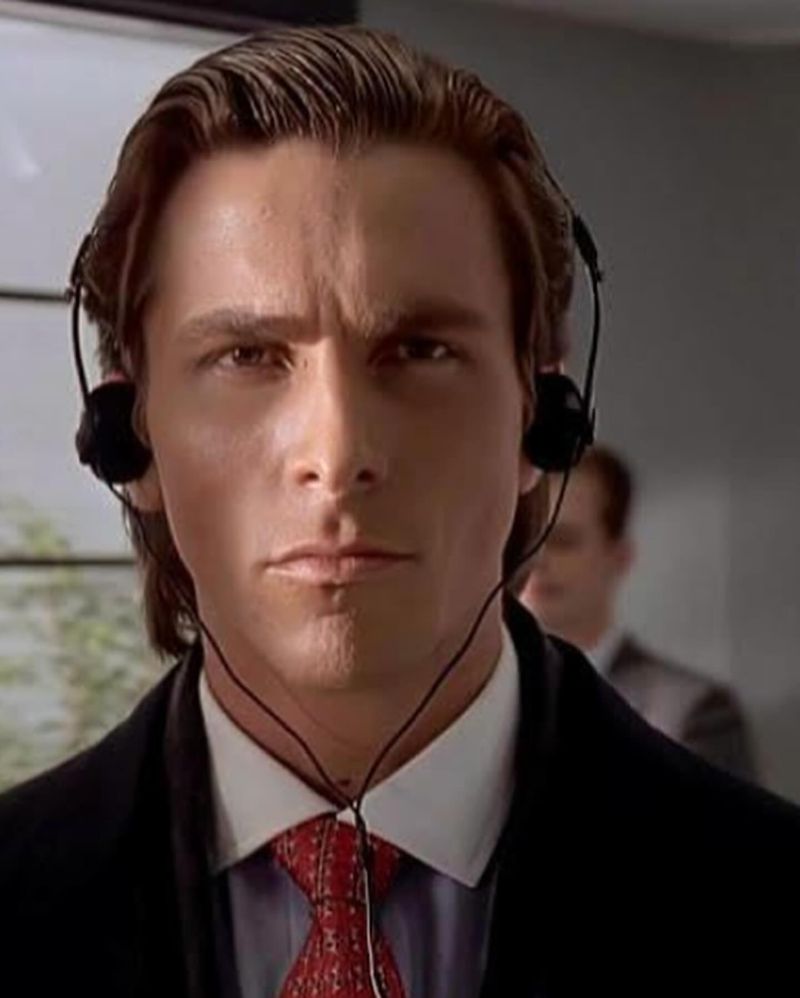
Bret Easton Ellis, author of “American Psycho,” had mixed feelings about the 2000 film adaptation.
While the film captured the novel’s satirical essence, Ellis felt it softened the raw violence and explicit commentary on consumerism.
The adaptation’s dark humor resonated with audiences, but Ellis believed it failed to fully convey the novel’s brutal critique of 1980s materialism.
The film’s focus on style over substance left Ellis questioning its interpretation.
Despite this, the movie found a cult following, sparking debates about its portrayal of the novel’s themes and the balance between shock and satire.

